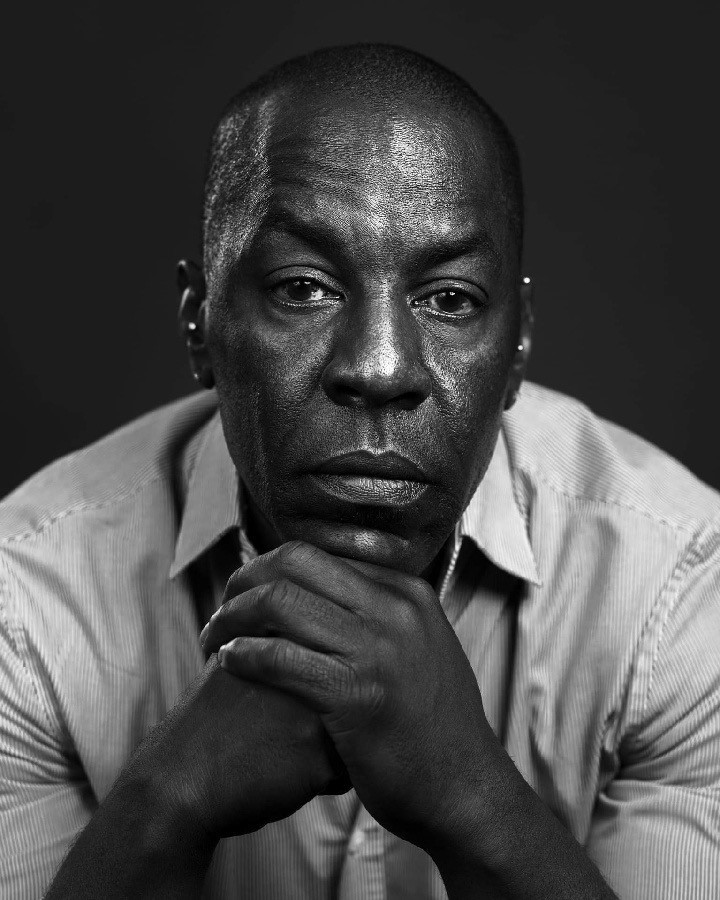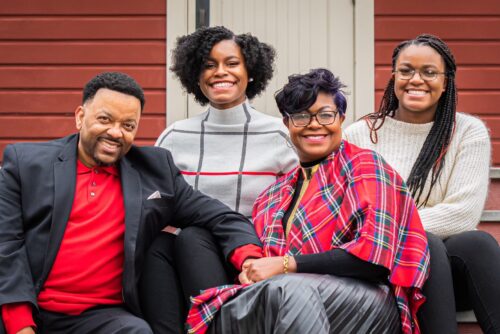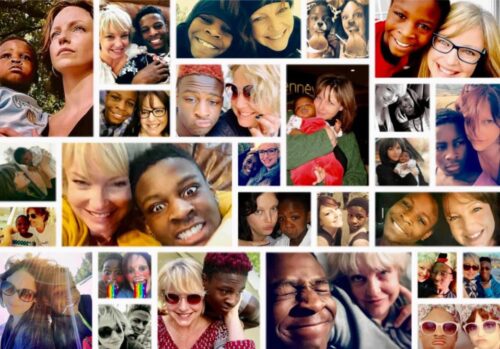
When Tim Dean learned that he needed a kidney transplant, everything seemed like a blur. Although he had lived with type 1 diabetes for 32 years, he rarely experienced any complications. One day at work he started having some back pain. He shrugged it off as muscle soreness and continued working until one wrong movement sent him reeling. Before he knew it, he was at the hospital being asked if he had friends and family close by for support.
“That’s when I got really scared because my only understanding of donation was that someone was critically ill—going to die—if they needed a donation,” Tim recalls.
Tim was suffering from end-stage renal disease. Initially, doctors believed that dialysis would be a good fit for helping filter his blood and remove waste. However, the dietary suggestions and restrictions for type 1 diabetes in general differ from those recommended for dialysis patients. Tim was scheduled for three dialysis sessions per week, each lasting three-and-a-half hours. Patients aren’t allowed to eat or drink much while connected to the dialysis machine, which caused Tim to have seizures.
“I started the dialysis diet and I was having more seizures, just walking on the street or even while I was getting dialysis,” he says. “Once, I pulled all the needles out of my arm during dialysis during a seizure.”
Eventually, dialysis started losing its efficacy. Transplant quickly became Tim’s only option.
Overcoming Adversity in His Diversity
Because living donation is an option for kidney transplant candidates, his medical team continued to ask about family or friends who may be willing to be a donor for him. Unfortunately, turning to his family was not an option. One day at Swedish Medical Center, a social worker relayed the urgency of his need for a transplant and asked him to call his siblings to inquire. Tim had an older brother and a twin brother who refused to get tested because they weren’t supportive of him because Tim is a gay man.
“I didn’t want to call them because I know how they felt about me—they’re homophobic,” Tim says. “I called my older brother first … he said he didn’t want scars on his body. I called my twin brother and he said he has too much going on right now. Imagine hearing your family, who is supposed to take care of you, say they just didn’t want scars on their body.”
This left Tim in a dark place, questioning whether the fight was even worth it. He found solace in walking, even if it was to dialysis, and volunteering at Gay City, a Seattle-based wellness center that helps connect LGBTQ individuals with resources, wellness services, and community. Tim says that helping other people and finding support and community saved him from the hopelessness of that time.
When he received the call that there was a kidney match for him, Tim almost didn’t answer the unknown, out-of-state number.
“I thought, nuh-uh bill collector, you are not going to get me today,” he remembers with a smile.
Luckily, he did answer and hurried to the hospital. After being prepped for surgery, his doctor indicated that there may be better match and that they were going to wait for another kidney. Much like the beginning of his transplant journey, this time felt like a blur. Tim filled the difficult and emotional wait by singing African-American Spirituals.
A Second Transplant
His surgery was successful, but unfortunately this wasn’t the end of his transplant experience. It’s common for type 1 diabetes patients to need both a kidney and a pancreas transplant. One year later, Tim was placed on the transplant waiting list for a pancreas.
“The pancreas was harder,” says Tim. “I had to have a mental health assessment and have a provider set up. I was thinking ‘I got this!’ But once I got approved, it really hit me: I’m actually waiting for someone to die so that I can live.”
Being in recovery from drugs and alcohol, Tim was no stranger to facing challenges. While waiting for his transplant, he stayed focused on continuing to volunteer and leaning on his community for support. He continued to work the steps and shared his thoughts and feelings with others to avoid being overwhelmed by the heaviness of the situation.
When Tim was informed that they had a pancreas for him, he was joined at the hospital by an incredible number of friends from his recovery community. His chosen family showed up to support him and provide encouragement as he was wheeled into surgery.
“All the medical people kept asking ‘who are all these people?’” he recalls. “Imagine being wheeled down a hallway with people on both sides of the hall telling you they got you, not knowing if you’re going to come back.”
Moving Forward
Today, Tim is happy and healthy, though the road hasn’t always been smooth. Life after transplant has included fighting off shingles and cancer. He has to fight for his health every day but is thankful for the support of his community who continues to stand by his side and help him move forward. He recognizes the gravity of the gift he was given and makes sure not to take it, or any day, for granted.
“I do encourage people to be donors because people are waiting and people are in need,” he says. “It’s really saving someone’s life. If someone is waiting for a transplant, don’t give up.”
Register your decision to be an organ donor and share your choice with friends and family.






